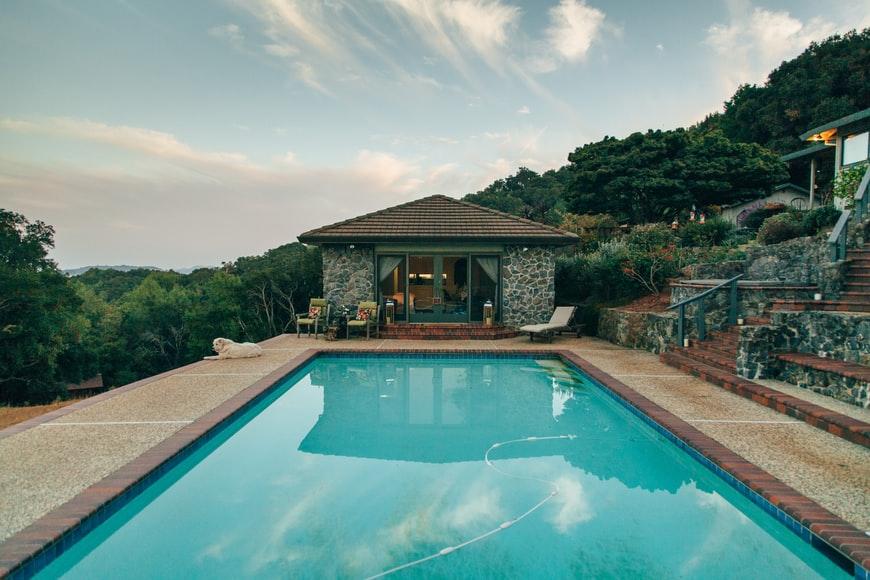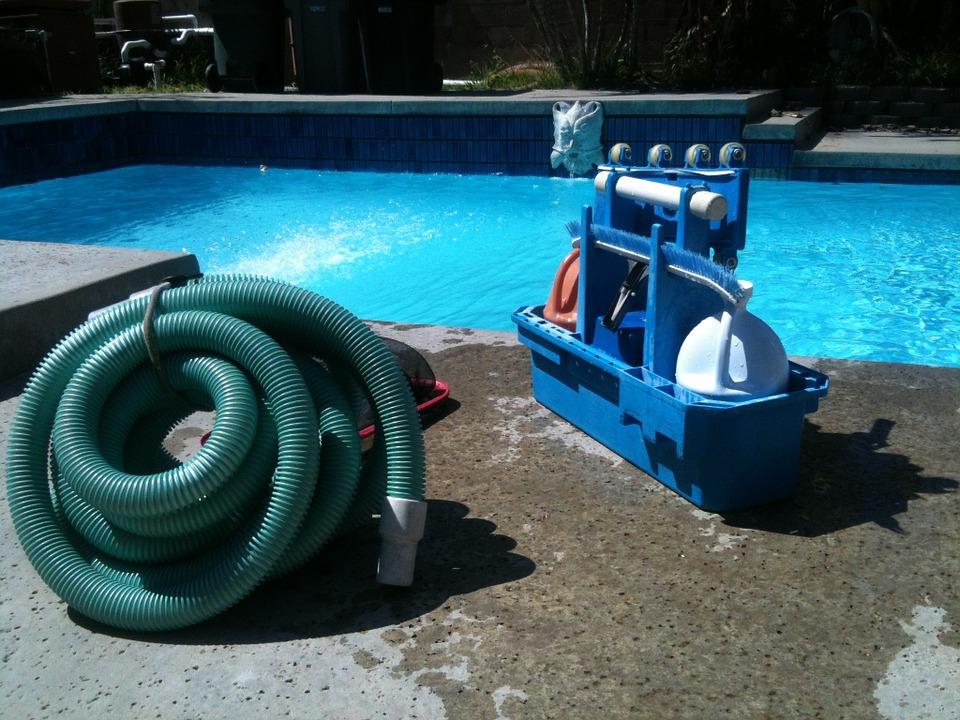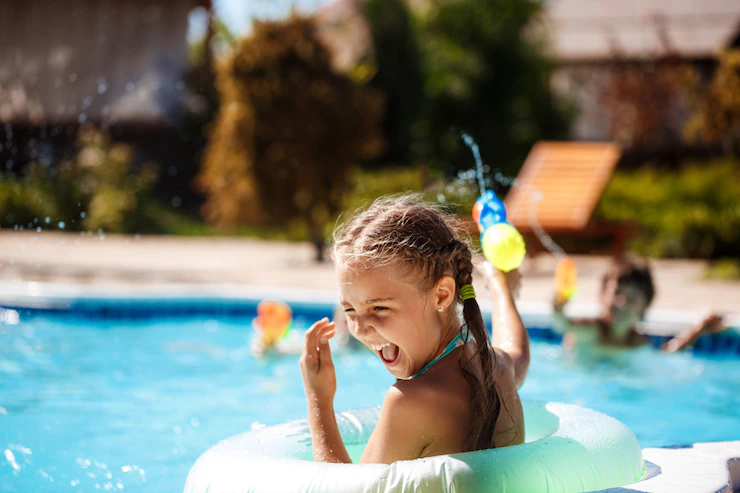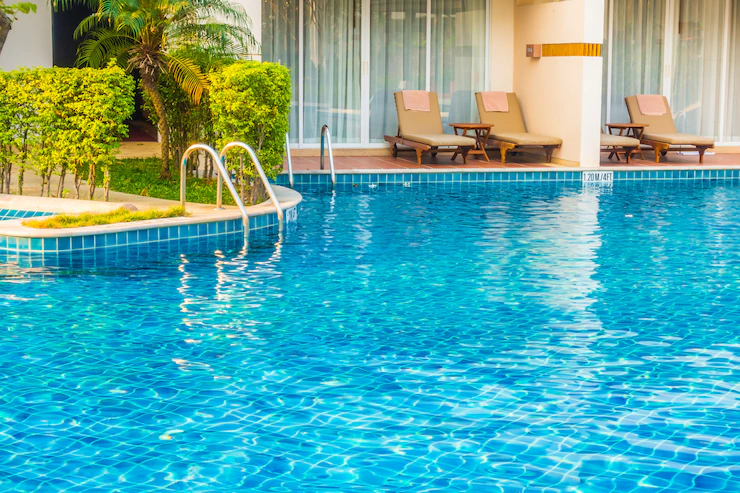Having a backyard pool is a lot of fun until you have to maintain it. Pool maintenance may not be the most enjoyable activity, but it’s necessary, just like car maintenance. Failing to manage your swimming pool not only reduces your pool’s lifespan but also costs you more in the long run.
Therefore, it’s crucial to understand the steps you need to take to keep your pool in good shape. Investing a lot of money in pool maintenance without the correct practices is pointless. This article gives you essential tips and strategies for successful pool maintenance.
Swimming Pool Maintenance Tips:
Here are the issues to watch for effective swimming pool maintenance.
1. Keep Your Pool Debris-Free

Nobody wants to swim in a dirty pool, so you need to scoop off any debris falling in regularly. Common waste to look out for includes leaves and twigs.
If left for long at the bottom of the pool, they decompose and leave stains. The decomposed leaves may also introduce algae to the water, destroying your pool’s surface.
It is also advisable to clean the area surrounding your pool because the debris may enter the pool from there.
2. Cover the pool
When the pool is not in use, it should be covered to prevent dirt from coming in. A solar cover is a fantastic and affordable choice. It heats the pool during summer and conserves the heat at night.
3. Maintain Proper Water Balance
Maintaining all aspects of your swimming pool water should be a top priority. One of the elements to check regularly is the water level. If the level decreases, it should be refilled to the right amount.
The pH level is another factor to consider for pool water to be safe. Ideally, the pH should be between 7.2 and 7.6 to ensure swimmers do not get red eyes or skin irritations.
In addition, you need to monitor the chlorine levels of your swimming pool. Chlorine is essential in killing bacteria and algae, which would otherwise cause diseases. For the chlorine to be effective, its levels should be maintained at 0.5-3 PPM.
Lastly, check on your water’s alkalinity to maintain a good chemical balance. The alkalinity should be 80-110 PPM. You should regularly monitor the pH, chlorine, and alkalinity levels with testing kits available in the market.
4. Check the Pool Equipment

Apart from the water, the pool equipment needs to be well maintained and in good condition to run well.
If the water pressure is above or below average, inspect your filtration system for any clogging or breakage. You should also check for leakages from the pool pipes and replace any needed parts.
5. Fence the pool
It is advisable to build contemporary fence panels around the pool to restrict children or pets in your home. A barrier also eliminates the chances of them swimming without supervision, potentially leading to accidents.
6. Watch the kids

Ensure that children have someone supervising them while swimming. You or your childminder should be able to spring into action in case of any danger.
7. Hire a Professional
Doing the pool maintenance by yourself can be pretty hectic. It is best to hire someone to check on the pool every once.
Conclusion
If you apply these tips, your pool should be in good condition and safe for all to use. For more personalized advice, seek the services of a swimming pool expert.
Read Also:




























